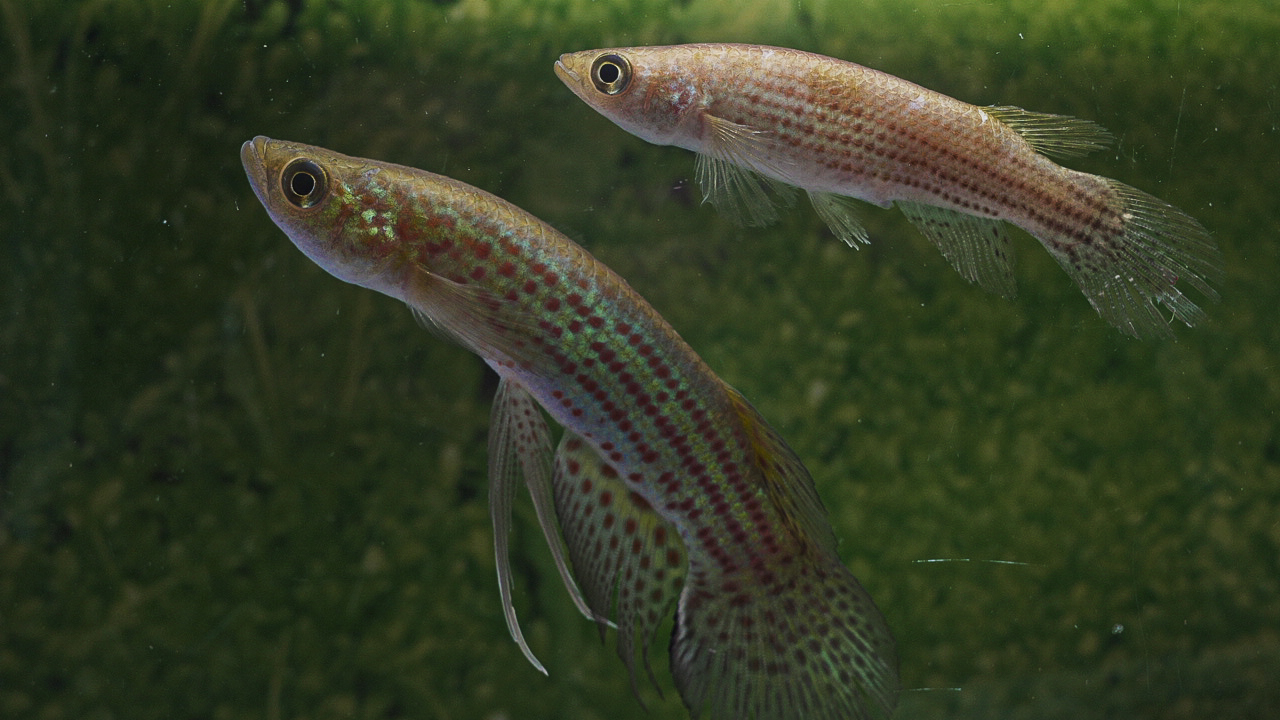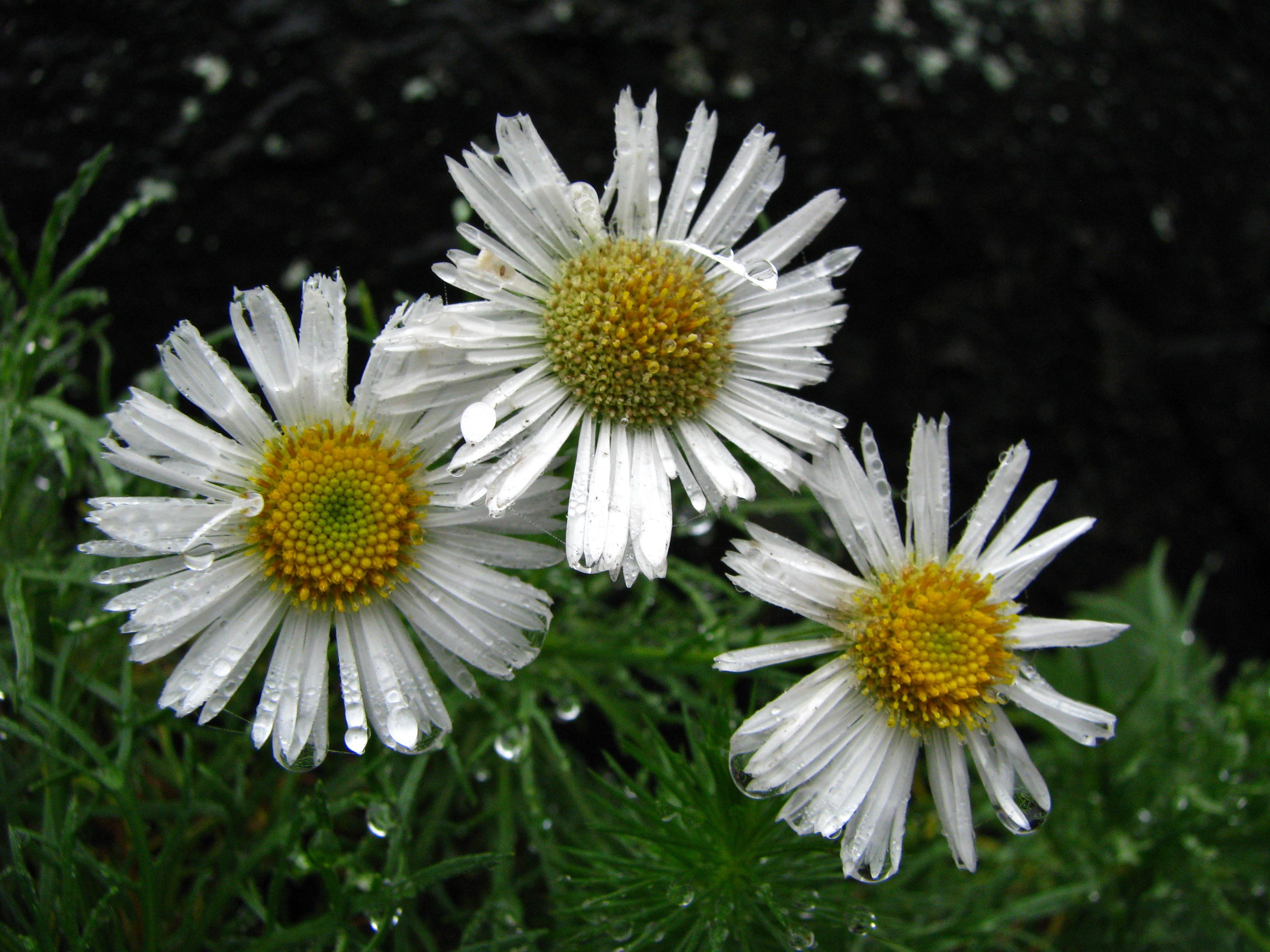Notícias
GEF supports assessment of conservation status of 20,000 species of fauna and flora in Brazil
Brazil is the most biodiverse country on the planet. Its mighty rivers are home to over 2,000 documented species of fish, the greatest variety in the world. The skies are filled with 1,800 different species of birds in a stunning array of sizes and colors. Between 90,000 and 120,000 species of insects thrive in the country, with remarkable diversity in the Pampas, where species like the magnificent Spix’s guan, tanagers, solitary tinamou, and the striking black-fronted piping-guan can be found. Graceful araucarias provide delicious pine nuts in both the Atlantic Forest and the Pampas. The Pantanal, with its waters and the majestic jabiru, is a breathtaking sight. Brazil is home to roughly 100,000 species of vertebrate and invertebrate animals. Even fungi, often overlooked, account for 10% of the 5,000 known species .
On the other hand, the concerning numbers are equally vast: 4,457 species are at risk of extinction in Brazil. This includes 147 in the marine biome, 267 in the Pampas, 3,448 in the heavily devastated Atlantic Forest, 2,319 in the Cerrado, which has been overtaken by monocultures of export crops, 1,615 in the Caatinga, 149 in the Pantanal, and 531 in the Amazon.
However, Brazil is also rich in science and innovation. Across all biomes, the GEF-supported Pro-Species Project: All Against Extinction has implemented mechanisms to reduce threats to at least 290 species classified as Critically Endangered (CR), 193 of which previously had no conservation measures in place. The initiatives are being developed in 12 Brazilian states, spanning an area of 62 million hectares.
The commitment to preserving these species has been the driving force behind the professionals and institutions involved in the project, which assessed the conservation status of nearly 20,000 species—approximately 14,000 fauna and 4,000 flora. These efforts were coordinated by the Chico Mendes Institute for Biodiversity Conservation (ICMBio) and the Botanical Garden of Rio de Janeiro (JBRJ). In recent years, 225 field expeditions have been conducted, leading to the rediscovery and description of at least 10 species.
Pro-Species is in its final year of implementation, and the key results were presented on May 22 of this year, aligning with the celebration of World Biodiversity Day.
“It’s a special day and one of celebration. We have achieved many milestones thanks to our efforts to strengthen biodiversity conservation, such as the Pro-Species project, which has been running for several years and has had a significant impact on our endangered species. While we are concerned about the current state of our biodiversity, we are equally committed restoring it to where it should be,” says Rita Mesquita, National Secretary of Biodiversity at the Brazilian Ministry of the Environment and Climate Change (MMA).
Pro-Species Project was established in 2014 by the MMA. It is part of a network of regional and sub-regional public authorities and local communities, with an investment of R$62.5 million from the Global Environment Facility (GEF) in projects aimed at protecting Amazonian fish, marine eglas (a type of crustacean), terrestrial and aquatic invertebrates, reptiles, birds, mammals, and numerous plant species. The initiative is implemented by the Brazilian Biodiversity Fund (FUNBIO), with WWF-Brazil acting as its executing partner.
In six years, the project supported the development and implementation of 21 National and Territorial Action Plans for the Conservation of Endangered Species (PANs and PATs, the acronyms in Portuguese) and established key partnerships with ICMBio and JBRJ. Of the 193 Critically Endangered (CR) species that previously lacked conservation measures, the following are now covered: 112 flora, 50 freshwater fish, 19 terrestrial invertebrates, 6 aquatic invertebrates, 2 marine fish, 2 reptiles, 1 bird, and 1 mammal.
Efforts to conserve biodiversity in Brazil, such as those promoted by the Pro-Species Project, align with global initiatives. These advancements will be shared and discussed at COP 16 of the UN Convention on Biological Diversity, which will take place from October 21 to November 1, 2024, in Cali, Colombia.
In this context, Abema’s Biodiversity Day, organized by the Brazilian Association of State Environmental Entities (Abema) and WWF-Brazil, will take place on October 28 at Casa Humboldt in the “Green Zone” of the conference. The event will bring together state representatives and partners to share experiences on the implementation of the Kunming-Montreal 2030 Global Biodiversity Framework and to discuss key topics such as biodiversity emergencies and fundrasing for conservation. The goal is to reinforce the importance of strengthening the collaboration network among Brazilian states and contributing to the conservation of threatened species at both local and global scales.



